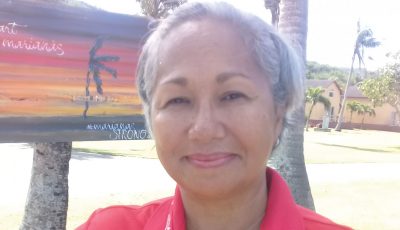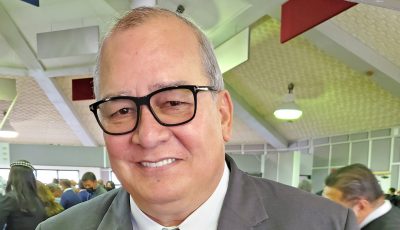Kilili: New rule impacts CW extensions
The Trump administration can now deny extensions or deport CW-1 workers, E2-CNMI investors, and green card applicants, if deemed likely to become a public charge, according to Delegate Gregorio Kilili C. Sablan (Ind-MP).
A public charge is a person who receives government cash assistance for income or long-term care. That means one who received food stamp or Medicare benefits.
In a website post yesterday, Sablan said that the U.S. Supreme Court lifted last week a nationwide injunction that has been blocking the “public charge rule.”
U.S. Citizenship and Immigration Services immediately announced that applications will be subject to the rule, if postmarked or submitted after Feb. 23, 2020.
In a 5-4 vote, the justices allowed the Trump administration to begin enforcing the “public charge rule,” making it harder for poor immigrants to gain green cards.
The policy in question would expand the U.S. government’s ability to refuse green cards or visas for legal immigrants determined to be a “public charge,” or dependent on public assistance.
Sablan said minority communities, including more than a million Asian and Pacific Islanders, are expected to be disproportionately impacted by the Trump administration rule.
Sablan said that is why he joined fellow members of the Congressional Asian Pacific American Caucus, the Congressional Hispanic Caucus, and the Congressional Black Caucus in filing amicus briefs in opposition to Trump administration’s public charge rule.
The amicus briefs argue that the public charge rule was written with discriminatory intent against non-white, non-European immigrants and violates both the Equal Protection Clause, and the Administrative Procedure Act.
The briefs said the public charge rule would expand the definition of who is considered a “public charge” and consequently makes it more difficult for immigrants to come to the U.S. or receive green cards if they are likely to use benefits that they are legally entitled to such as Medicaid, housing assistance, and nutrition assistance.
Members of the Congressional Tri-Caucus in a joint statement issued last September stated that they believe the Trump administration’s public charge rule was written with the intent of intimidating and discriminating against immigrants of color.



























